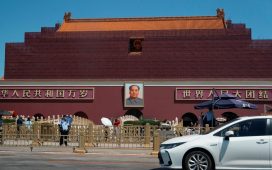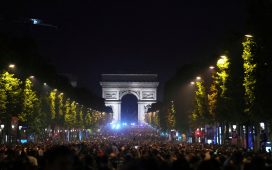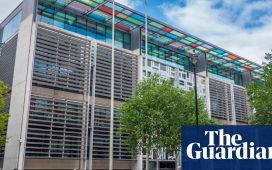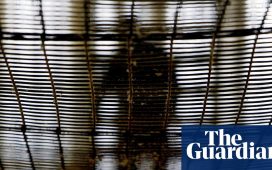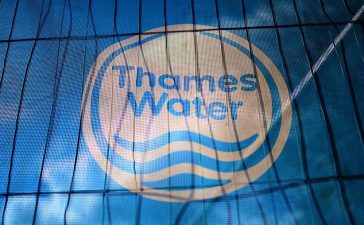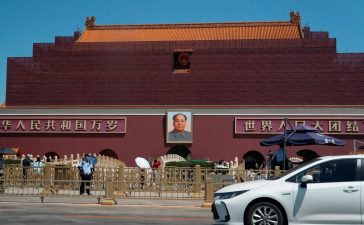Lawyers for the family of the woman who died in the Wiltshire novichok poisonings have claimed the UK government’s refusal to confirm that Sergei Skripal was a spy was like a scene from Alice in Wonderland.
Michael Mansfield KC, who represents the family of Dawn Sturgess, said it was “surreal” that the government was arguing for restriction orders to be imposed limiting what may be said about Skripal’s role as a spy during an upcoming independent inquiry – even though Skripal has given interviews spelling out his role in MI6.
Mansfield also called on the government and police to swiftly make material relating to the 2018 poisonings available to the family, including where traces of novichok were found, so that they have time to analyse the information before the inquiry, which is due to open in Salisbury next year.
Skripal was the target of the poisoning in Salisbury in March 2018. He, his daughter, Yulia, and a police officer, DS Nick Bailey, were poisoned but survived.
Four months later, Sturgess, 44, and her partner, Charlie Rowley, were also poisoned after he found a fake perfume bottle containing novichok. Rowley recovered but Sturgess died on 8 July 2018.
Sturgess’s family have pushed for an inquiry, which will have power to examine issues such as the role of the Russian state.
During a preliminary hearing to consider restriction orders sought by the UK government and the police, Sturgess’ family and media organisations, including the Guardian, argued that as much information should be heard in public in the interest of open justice, to bolster public confidence and to counter disinformation put out by the Russian state.
Mansfield said the government’s stance on Skripal was “surreal”, adding: “We say that is an example where neither confirm nor deny [NCDC] is really almost Alice in Wonderland.”
He pointed out that the BBC journalist Mark Urban had written a book based on interviews with Skripal in which he confirmed he was a British spy.
Mansfield emphasised the family did not want any information revealed that could put anyone at risk, but said if they were to play a “meaningful role” they needed access to more material sooner. “Disclosure to the family has to begin now,” he said. “Basic data could be revealed now that is not going to endanger anybody.”
Examples he gave included details of the movements of the attackers and Skripal at the time of the poisoning, and locations of where novichok was found.
He said a key issue was whether the same category of novichok used in the attack on Skripal was what fatally poisoned Sturgess. “It’s been asserted they are the same but they seem to have had very different effects,” he said.
Mansfield also asked how much “safeguarding” was done before Skripal was housed in Salisbury. “Once you bring in somebody who was undoubtedly a Russian spy who lives in Salisbury under his own name, has someone done a risk assessment?”
Cathryn McGahey KC, representing the government, said: “As a matter of policy the government does not confirm or deny whether anyone is or has been an agent.
“Confirming a person is an agent may put that person at risk; confirming a person is not an agent may put someone else at risk. That risk may very easily be risk of death.”
McGahey said the disclosure of documents had to be done carefully to reduce the chances of them including information that could be useful to a “hostile actor”. She said: “The risk of harm if we get this wrong is so great.”
The chair of the inquiry, Lord Hughes of Ombersley, is expected to give rulings on the restriction orders at a later date and said he would go through the material “document by document” to assess what could be revealed in public.

